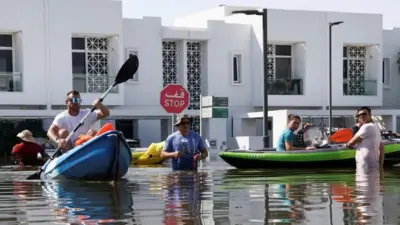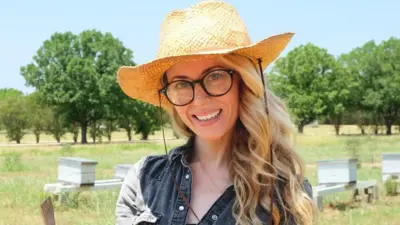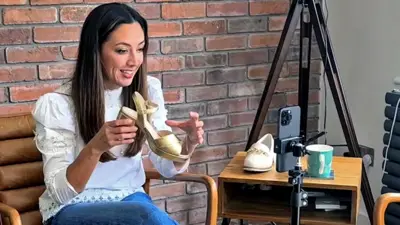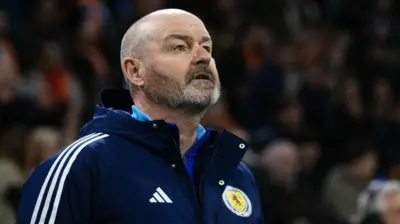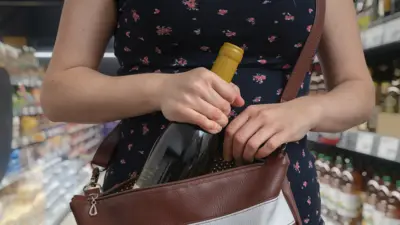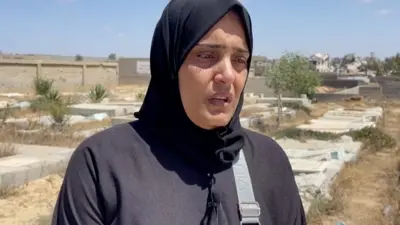We've updated our Privacy and Cookies Policy
We've made some important changes to our Privacy and Cookies Policy and we want you to know what this means for you and your data.
York trials 'life-saving' pods for rough sleepers
Image source, LDRS
Pop-up rough sleepers' accommodation with technology to check if users are breathing is being piloted in York.
The pods are fitted with vital life-sign sensors able to detect if an occupant's breathing has stopped.
The Salvation Army is trialling the NAPpads (night-time accommodation project), meaning emergency responders could get extra minutes to save a life.
Former rough sleeper Jay said: "It would have made such a difference to me - to have a warm bed, a locked door."
The 19-year-old added: "On the streets, if you can't breathe nobody knows where you are and nobody can call for help.
"This will be life-saving."
Malcolm Page, of the Salvation Army, said most rough-sleepers had multiple health problems "as sleeping on the streets is dangerous and tough on the body".
Image source, LDRS
The pod's sensor technology is similar to that used to combat sudden infant death syndrome, organisers said.
The sleep pads, designed by Protectal Ltd, use the same amount of energy per night as a domestic light bulb due to an energy-efficient heating and water system.
York Central MP Rachel Maskell said: "In having the first NAPpad in the country in York, the spotlight will not only be on their success, but on how they move people from the streets to somewhere safe and warm."
Pete Wood, of Protectal, said monitoring the occupant's breathing could help combat early deaths of people exposed to rough-sleeping, according to the Local Democracy Reporting Service.
City of York Council has temporarily provided land and support for those using the pods.
Denise Craghill, from the council, said it was already providing 27 extra beds in its hostels and the NAPpads would supplement these this winter.
Follow BBC Yorkshire on Facebook, Twitter and Instagram. Send your story ideas to yorkslincs.news@bbc.co.uk.
Top Stories
Features & Analysis
Most read
Content is not available

